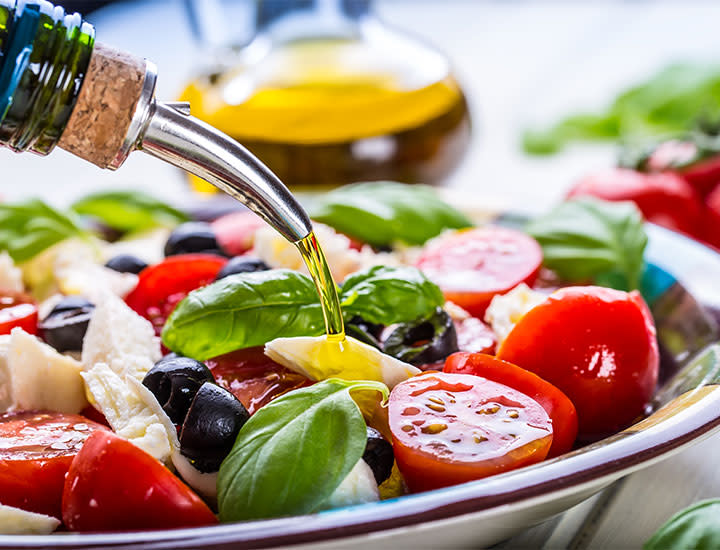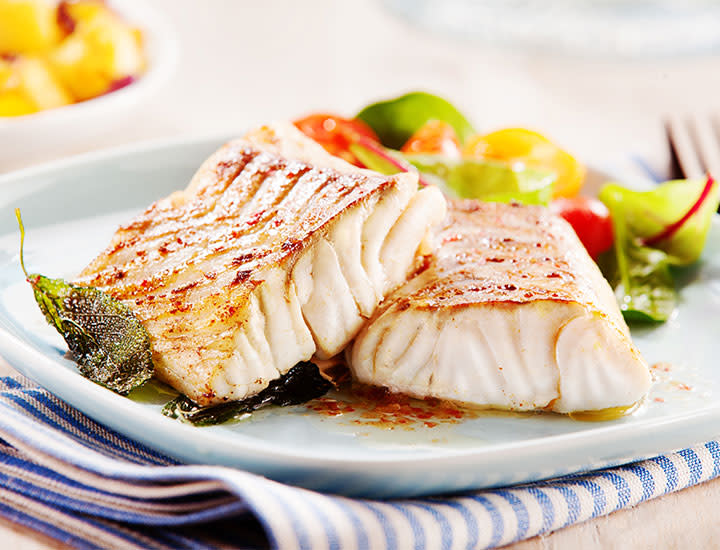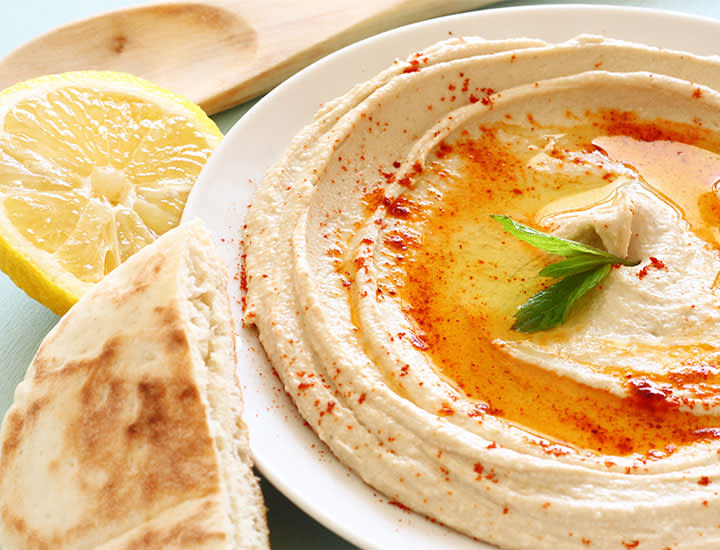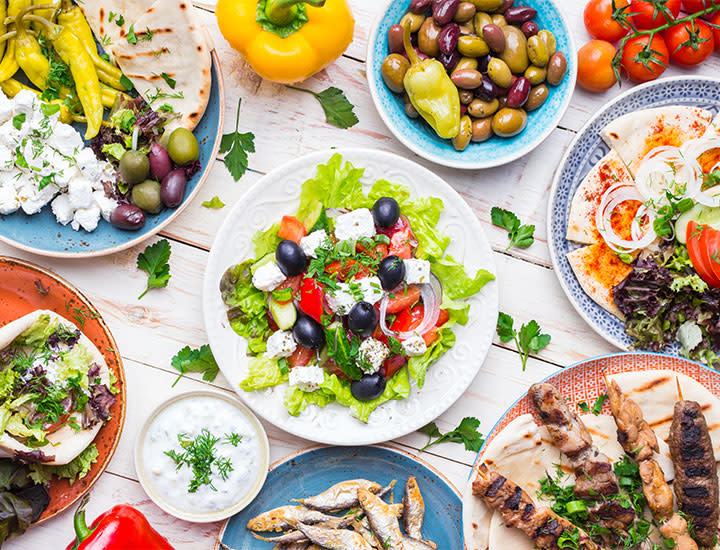This Is The Best Diet For Keeping Your Metabolic Rate Up, Health Experts Say

If you’re looking for a new diet plan to boost your metabolism and lose weight, look no further: The Mediterranean diet is currently ranked first on the U.S. News & World Report 2023 Best Diets list for the sixth year in a row.
What’s not to love about the Mediterranean diet? Not only is it actually quite delicious, but research suggests a Mediterranean-style diet can reduce the risk of heart disease, certain cancers, and other serious health conditions. The meal plan is filled with healthful foods to keep your metabolic rate up, strengthen bones, alleviate aches and pains, minimize visceral fat, and boost energy and brain power.
To learn more, we spoke with Dr. Stacie J. Stephenson, an anti-aging and weight loss doctor, and a Certified Nutrition Specialist. She believes that the Mediterranean diet is the best diet for boosting your metabolism and losing weight. Read on to learn more!

Mediterranean Diet
The "Mediterranean diet" is an eating plan based on the traditional foods in the countries bordering the Mediterranean Sea which include countries like Italy, Spain, Greece, Turkey, Algeria, Egypt, and more. It emphasizes a plant-based eating approach loaded with vegetables and healthy fats, including olive oil and omega-3 fatty acids from fish. It’s a diet not only known for being heart-healthy and weight-loss-friendly but also tasty!
"While you might occasionally get doctors who suggest certain kinds of diet, like low-carb or low-fat for those with certain diagnosed health issues, most doctors advising people who say they want to start eating better or who are seeking to lose weight will recommend some form or aspect of the Mediterranean diet," Dr. Stephenson says. This diet has metabolism-boosting benefits!

"The Mediterranean diet has many characteristics and a doctor might propose only some of them or the diet style as a whole. The main defining characteristics of this kind of diet are a focus on fresh vegetables and fruit, seafood, legumes, nuts and seeds, whole grains, and olive oil as the primary fat," she continues. "This diet may also include some dairy products, like yogurt and cheese, and poultry, as well as small amounts of wine (and I mean small amounts, like no more than 3 or 4 ounces per day)." The Mediterranean diet focuses on seasonal eating and whole foods, not processed and packaged foods, and it contains very little sugar and red meat. The green Mediterranean diet is similar but focuses on vegetarian options.

To follow this diet plan, you're going to want to emphasize eating a lot of vegetables, whole grains (such as barley or farro), olive oil, legumes, nuts, and seeds. As for protein, this diet advises eating a great deal of fish because they are typically high in protein and healthy fats like omega-3s. If you're not a fan of fish, you could also introduce lean meats like poultry or dairy items like cheese and yogurt.
"In my opinion, the most important elements of this dietary style are vegetables, seafood, nuts and seeds, olive oil, and the seasonal eating of whole foods. If I had to pare it down even more and could get you to change just one thing, it would be to eat mostly whole foods the way nature made them, rather than processed foods," Dr. Stephenson suggests. "That one change could do more for your health than anything else."

Rich in flavorful ingredients like fruits, vegetables, whole grains, and heart-healthy fats, the Mediterranean diet is equal parts delicious and nutritious. Experts like Dr. Stephenson highly recommend the Mediterranean diet for increasing your metabolic rate and losing weight. What people like most about this diet is that there are concrete rules, just general guidelines that you can use to incorporate the principles of the Mediterranean diet into your daily routine. So, try some Mediterranean foods like shawarma, Greek salad, falafel, shakshuka, hummus and pita, paella, and so much more!
